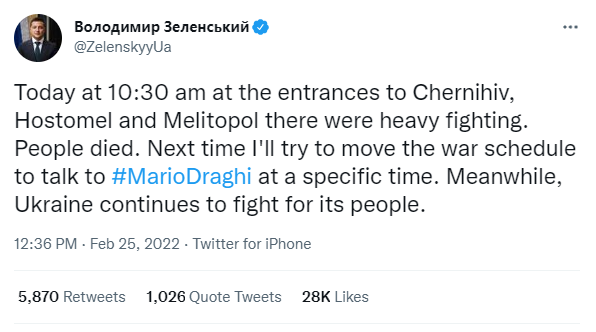It's the first day of a two-day summit dedicated to conveying the image of a more assertive Europe. Here's what's going to happen: bloomberg.com/news/newslette…
Let's start with China. In a wording that echoes many of the concerns raised by the US, EU leaders will declare that the bloc needs to rebalance its relationship with China. Leaders will also give credit to themselves for Xi's carbon commitment. Our story: bloomberg.com/news/articles/… 

On industrial policy, EU leaders will declare that strategic autonomy is a `key objective' of the Union. But what exactly does this mean? We have covered this issue extensively. See for example: bloomberg.com/news/newslette…
Then on Belarus, the main goal of the Summit is to overcome Cyprus's refusal to sign off to sanctions, unless if EU leaders also agree to punitive measures against Turkey. A reminder of what happened at the foreign affairs council last week: bloomberg.com/news/articles/…
The latest draft of the Summit conclusions indicates that leaders will aim for a deal on Belarus sanctions today. The blue highlight below (latest draft) is stronger than the previous wording (yellow highlight). This may indicate things are moving: 



On tech & digital policy, leaders will declare that their objective to achieve digital sovereignty. They ll invite a “digital compass” that sets out the bloc’s concrete digital ambitions until 2030. They ll also back plans to create an EU federated cloud infrastructure (Gaia-X): 





On the subject of fears that the EU is a laggard on digitalization and therefore ``at the mercy of US and Chinese companies (and their states) in
cutting-edge areas,'' which leaders are going to address, I recommend the latest note by @ErikFossing: research.unicredit.eu/DocsKey/econom…
cutting-edge areas,'' which leaders are going to address, I recommend the latest note by @ErikFossing: research.unicredit.eu/DocsKey/econom…
There are no conclusions circulated on Turkey, and it's unclear what will be said in the `brief' discussion on Brexit. These are the most interesting parts of the summit, but we ll know more about them later.
P.S: One issue that leaders may want to address in the conclusions of a future summit is that no one ever cares to read the conclusions of their summits. How many European citizens/taxpayers/voters will pay any attention to what their leaders decide today and tomorrow?
• • •
Missing some Tweet in this thread? You can try to
force a refresh











